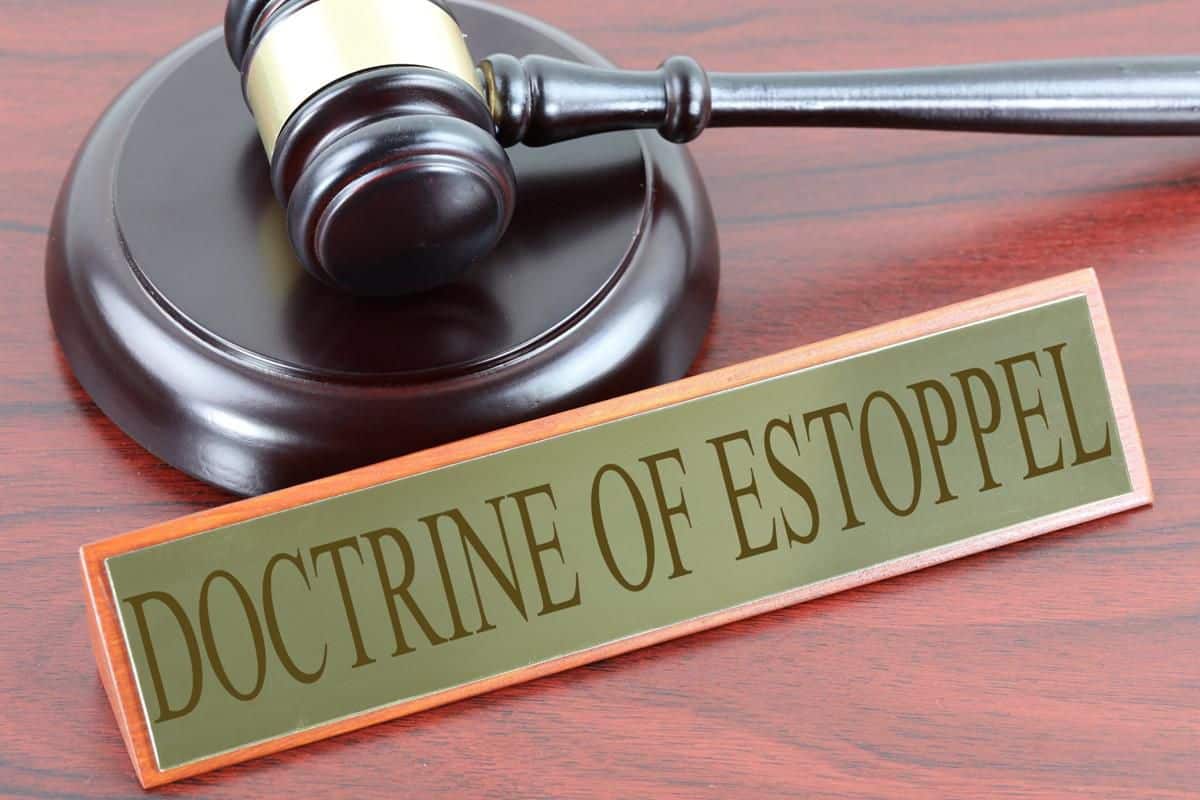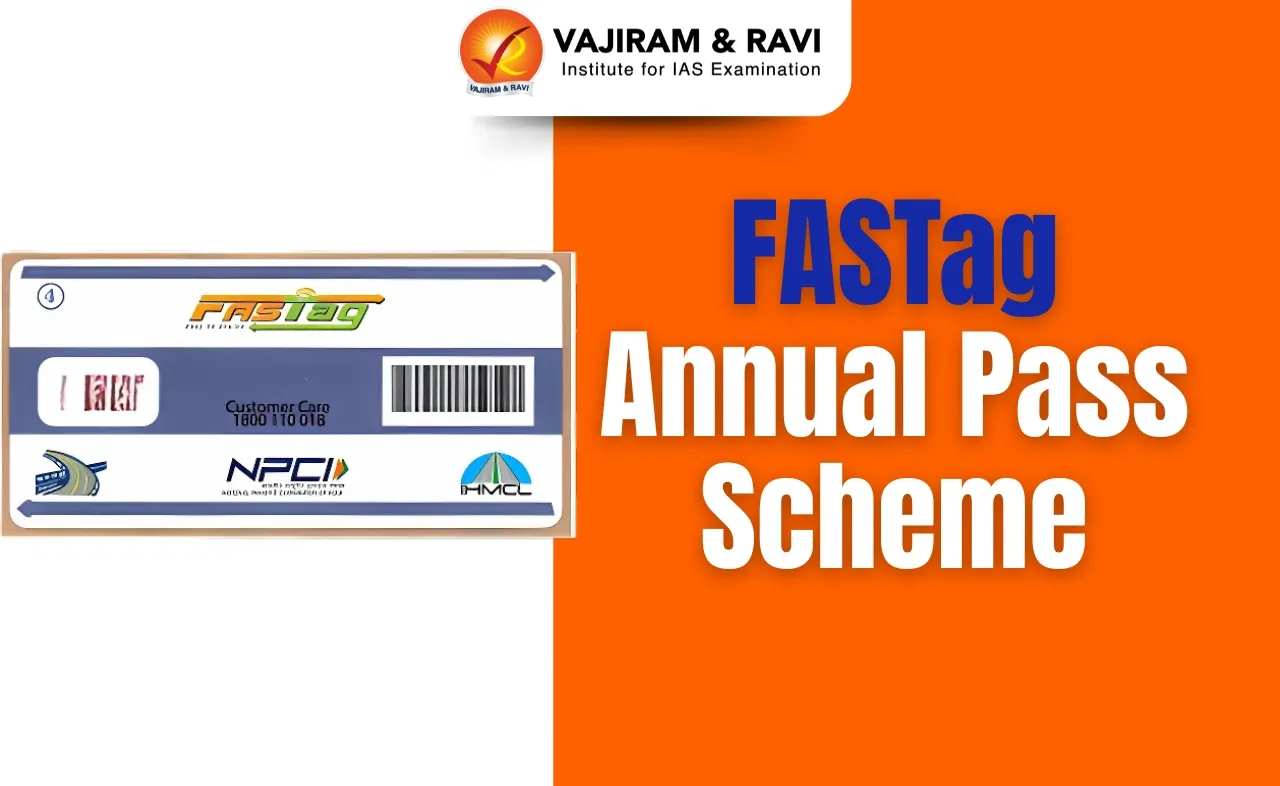Why in News?
While dismissing the petitions, the Supreme Court bench also rejected the argument that the ‘doctrine of promissory estoppel’ would apply and said that the decision to not proceed with the previous recruitment processes could not be termed as arbitrary.
It observed that promissory estoppel will not apply when a larger public interest is involved.
About ‘doctrine of promissory estoppel’:
- What is it? It is a doctrine in contract law which enforces a promise whether executed as a contract or not.
- The doctrine seeks to protect the rights of a promisee or aggrieved party against the promisor.
- When is the doctrine applied?
- A valid contract under law requires an agreement to be made with sufficient consideration.
- The doctrine applies when the promisor has made a promise to the promisee.
- The promisee must have relied on the promise and suffered a loss due to the non-performance of the contract.
- The doctrine prevents the promisor or enterprise from going back on its word or promise.
- The doctrine enables the injured party or the promisee to recover on a promise.
- Example:
- A vendor makes an oral promise to the customer to replace the goods if they do not fit the customer’s size requirements.
- The customer purchases the clothes and takes them home.
- However, the customer proposes to return the clothes to the vendor relying on the vendor’s oral promise.
- Here, the vendor is estopped from refusing the clothes returned.
- Thus, this doctrine seeks to enforce a promise made under a contract, whether oral or in writing.
- The doctrine varies from country to country.
- In a 1981 decision in Chhaganlal Keshavalal Mehta v. Patel Narandas Haribhai, the SC lists a checklist for when the doctrine can be applied.
- First, there must be a clear and unambiguous promise.
- Second, the plaintiff must have acted relying reasonably on that promise.
- Third, the plaintiff must have suffered a loss.
Q1) What is a Contract?
A contract is an agreement between parties, creating mutual obligations that are enforceable by law. The basic elements required for the agreement to be a legally enforceable contract are: mutual assent, expressed by a valid offer and acceptance; adequate consideration; capacity; and legality.
Last updated on June, 2025
→ UPSC Notification 2025 was released on 22nd January 2025.
→ UPSC Prelims Result 2025 is out now for the CSE held on 25 May 2025.
→ UPSC Prelims Question Paper 2025 and Unofficial Prelims Answer Key 2025 are available now.
→ UPSC Calendar 2026 is released on 15th May, 2025.
→ The UPSC Vacancy 2025 were released 1129, out of which 979 were for UPSC CSE and remaining 150 are for UPSC IFoS.
→ UPSC Mains 2025 will be conducted on 22nd August 2025.
→ UPSC Prelims 2026 will be conducted on 24th May, 2026 & UPSC Mains 2026 will be conducted on 21st August 2026.
→ The UPSC Selection Process is of 3 stages-Prelims, Mains and Interview.
→ UPSC Result 2024 is released with latest UPSC Marksheet 2024. Check Now!
→ UPSC Toppers List 2024 is released now. Shakti Dubey is UPSC AIR 1 2024 Topper.
→ Also check Best IAS Coaching in Delhi
























